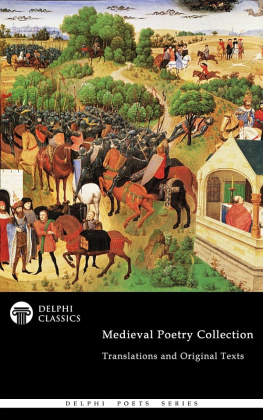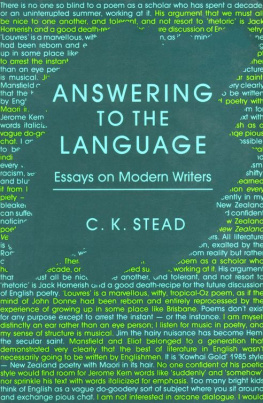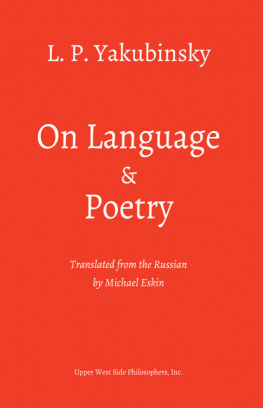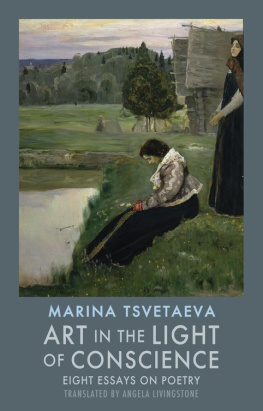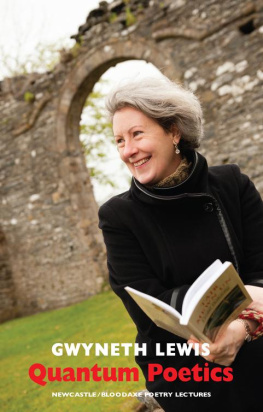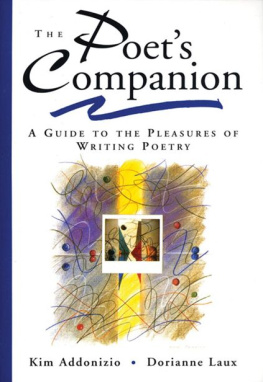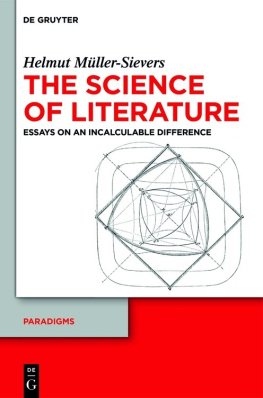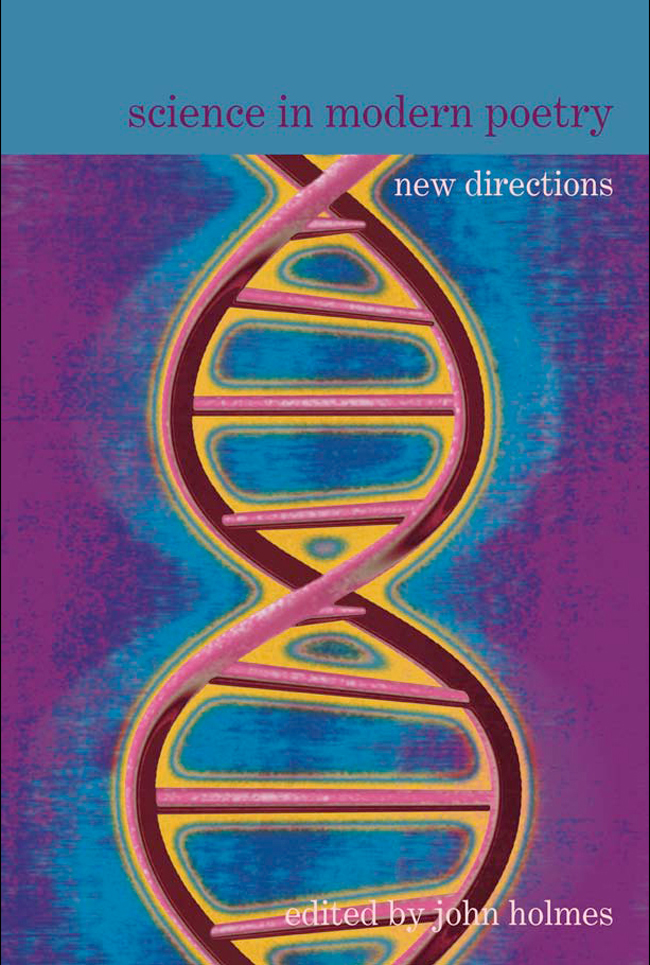Science in Modern Poetry
Poetry &
Series Editors
Ralph Pite University of Cardiff
Deryn Rees-Jones University of Liverpool
Series Board
Peter Barry University of Wales, Aberystwyth
Neil Corcoran University of Liverpool
James Longenbach University of Rochester, USA
Jan Montefiore University of Kent
Barbara Page Vassar College, USA
Marjorie Perloff Stanford University, USA
Adam Piette University of Sheffield
Stan Smith Nottingham Trent University
Also in this series
Poetry & Displacement Stan Smith
Poetry & Language Writing David Arnold
Poetry & Translation: The Art of the Impossible Peter Robinson
Science in
Modern Poetry
New Directions
Edited by
John Holmes
LIVERPOOL UNIVERSITY PRESS
First published 2012 by
Liverpool University Press
4 Cambridge Street
Liverpool L69 7ZU
Copyright 2012 Liverpool University Press
The right of John Holmes to be identified as the editor of this work has been asserted by him in accordance with the Copyright, Designs and Patents Act 1988.
All rights reserved. No part of this book may be reproduced, stored in a retrieval system, or transmitted, in any form or by any means, electronic, mechanical, photocopying, recording, or otherwise, without the prior written permission of the publisher.
British Library Cataloguing-in-Publication data
A British Library CIP record is available
Web PDF elSBN 978-1-84631-774-3
ePub eISBN 9781781388990
ISBN 978-1-84631-809-2 cased
Typeset in Stone Serif and Stone Sans by R. J. Footring Ltd, Derby
Printed and bound CPI Group (UK) Ltd, Croydon CR0 4YY
Contents
Tim Armstrong is Professor of Modern English and American Literature at Royal Holloway, University of London. He is the author of Modernism, Technology, and the Body (1998), Haunted Hardy: Poetry, History, Memory (2000), Modernism: A Cultural History (2005) and The Logic of Slavery: Debt, Technology and Pain in American Literature (2012).
John Barnie was the editor of the Welsh cultural magazine Planet: The Welsh Internationalist from 1990 to 2006. His books include No Hiding Place: Essays on the New Nature and Poetry (1996), Fire Drill: Notes on the Twenty-First Century (2010) and several collections of poetry, including Ice (2001), Sea Lilies: Selected Poems 19842003 (2006), Trouble in Heaven (2007), The Forest Under the Sea (2010) and A Year of Flowers (2011).
Ian F. A. Bell is Professor of American Literature at Keele University. He is the author of Critic as Scientist: The Modernist Poetics of Ezra Pound (1981), Henry James and the Past: Readings into Time (1991) and Washington Square: Styles of Money (1993). He is currently working on two new books, Working Words: The American Writer as Artist and Mauberleyan Occasions: The Literary Inventions of Ezra Pound.
Bruce Clarke is Paul Whitfield Horn Professor of Literature and Science at Texas Tech University. He was the President of the Society for Literature, Science and the Arts from 2006 to 2008. His books include Dora Marsden and Early Modernism: Gender, Individualism, Science (1996), Energy Forms: Allegory and Science in the Era of Classical Thermodynamics (2001) and Posthuman Metamorphosis: Narrative and Systems (2008), and several edited and co-edited collections of essays on literature and science, including the Routledge Companion to Literature and Science (2010). He is editor of the book series Meaning Systems, published by Fordham University Press.
Robert Crawford is Professor of Modern Scottish Literature at the University of St Andrews. He is the editor of Contemporary Poetry, Contemporary Science (2006). His own critical books include Identifying Poets: Self and Territory in Twentieth-Century Poetry (1993), The Modern Poet: Poetry, Academia and Knowledge Since the 1750s (2001) and Scotlands Books: The Penguin History of Scottish Literature (2007). His collections of poetry include Sharawaggi (1990), A Scottish Assembly (1990), The Tip of My Tongue (2003), Selected Poems (2005) and Full Volume (2008).
Jonathan Ellis is Senior Lecturer in American Literature at the University of Sheffield. He is the author of Art and Memory in the Work of Elizabeth Bishop (2006). He is currently leading a project funded by the British Academy on letter writing in twentieth-century culture, which will be the subject of his next book.
John Holmes is Senior Lecturer in English Literature at the University of Reading. He is the author of Dante Gabriel Rossetti and the Late Victorian Sonnet Sequence: Sexuality, Belief and the Self (2005) and Darwins Bards: British and American Poetry in the Age of Evolution (2009), and co-editor of Horae Amoris: The Collected Poems of Rosa Newmarch (2010). He is currently working on a project on the Pre-Raphaelites and science.
Rnn McDonald is Australian Ireland Fund Chair of Modern Irish Studies and the Director of the John Hume Institute for Global Irish Studies at the University of New South Wales. He is the author of Tragedy and Irish Literature: Synge, OCasey and Beckett (2002), The Cambridge Introduction to Samuel Beckett (2006) and The Death of the Critic (2007).
Peter Middleton is Professor of English at the University of Southampton. He is the author of The Inward Gaze: Masculinity and Subjectivity in Modern Culture (1992), Literatures of Memory: History, Time and Space in Post War Writing (2000, with Tim Woods) and Distant Reading: Performance, Readership, and Consumption in Contemporary Poetry (2005). He is currently working on a study of American poetry and science in the Cold War.
Katy Price is Senior Lecturer in English at Anglia Ruskin University. She is the author of Loving Faster Than Light: Romance and Readers in Einsteins Universe (2012) and co-editor of The Salt Companion to Peter Robinson (2007).
Andrew Radford is Research Fellow at Swansea University. He is the author of Victorian Sensation Fiction (2008) and Mapping the Wessex Novel: Landscape, History and the Parochial in British Literature, 18701940 (2010), and co-editor of Franco-British Cultural Exchanges 18801940: Channel Packets (2011).
Helen Small is Professor of English and Fellow of Pembroke College, Oxford. She is the author of Loves Madness: Medicine, the Novel and Female Insanity, 18001865 (1998) and The Long Life (2007), which won the Truman Capote Award for Literary Criticism in 2008, the editor of The Public Intellectual (2002) and co-editor of Literature, Science, Psychoanalysis 18301970: Essays in Honour of Gillian Beer (2003).
Michael H. Whitworth is Fellow and Tutor in English at Merton College, Oxford, and the Chair of the British Society for Literature and Science. He is the author of Einsteins Wake: Relativity, Metaphor, and Modernist Literature (2001), Virginia Woolf (2005) and Reading Modernist Poetry (2010), the editor of Modernism: A Guide to Criticism (2007) and co-editor of Locating Woolf (2007).
This book is a direct result of the founding of the British Society for Literature and Science in 2006. Successive conferences of the BSLS at the Universities of Glasgow, Central England, Keele, Reading, Northumbria and Cambridge have shown modern poetry to be one of the richest areas for research in literature and science today. The first three of these conferences coincided with my own research towards a book on responses to Darwinism in Victorian and modern poetry. As I was writing that book, I found that published collections of essays on literature and science barely discussed modern poetry at all. It was this disjuncture between the impression of the field given by these earlier books and the stimulating research that was going on around me that led me to propose a collection of essays specifically about science in modern poetry. As well as inspiring this book, the BSLS forms in large part the academic and social network out of which it has been born. Over half of the contributors are members of the BSLS, and many of us have come to know one another and each others work better through the Society and its conferences. Two of the essays in this book were presented as plenary lectures at BSLS conferences, while several others build on papers given at the BSLS. The extent to which these essays speak to one another is in large part thanks to the BSLS and to the organisers of its conferences. I would like to thank in particular its two founders, Alice Jenkins and Michael Whitworth, for bringing the BSLS into being and for doing so much to encourage and foster work in this field, and Alice again, Stuart Robertson, Sharon Ruston, Vike Plock and Peter Garratt for organising the excellent conferences which provided the intellectual testing ground for so many of the ideas in this book.


